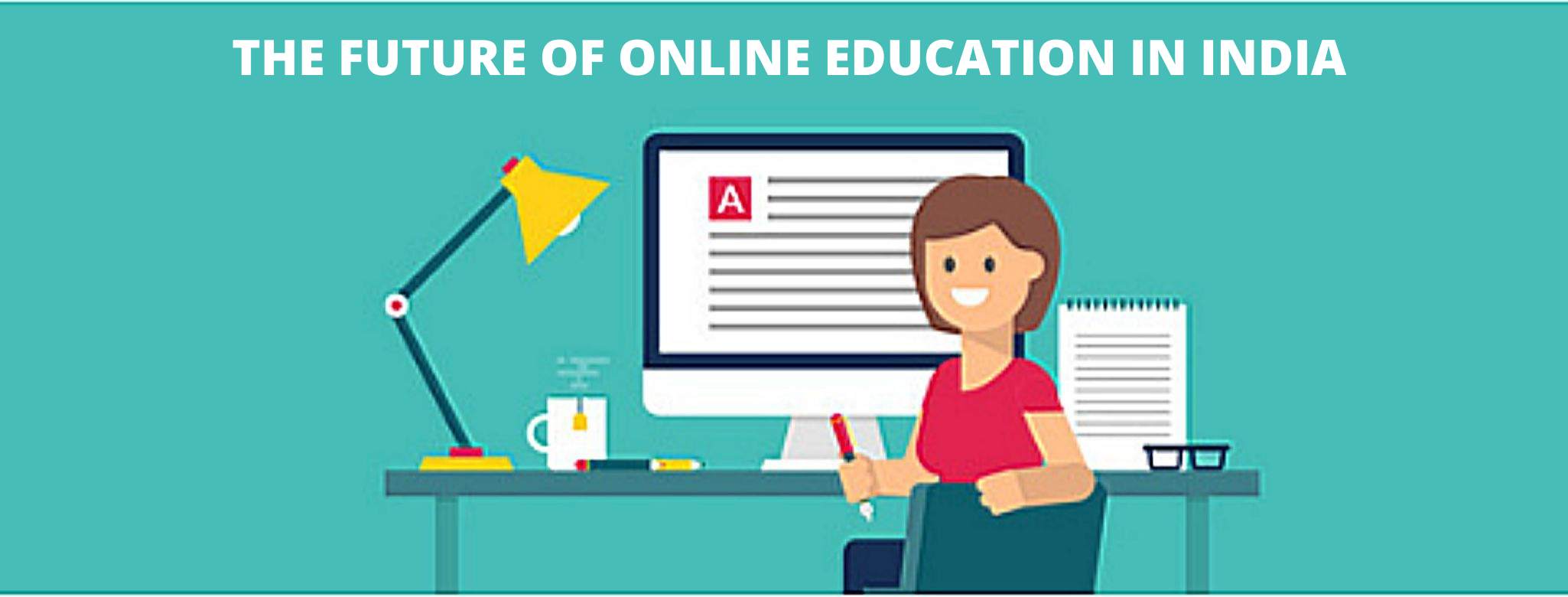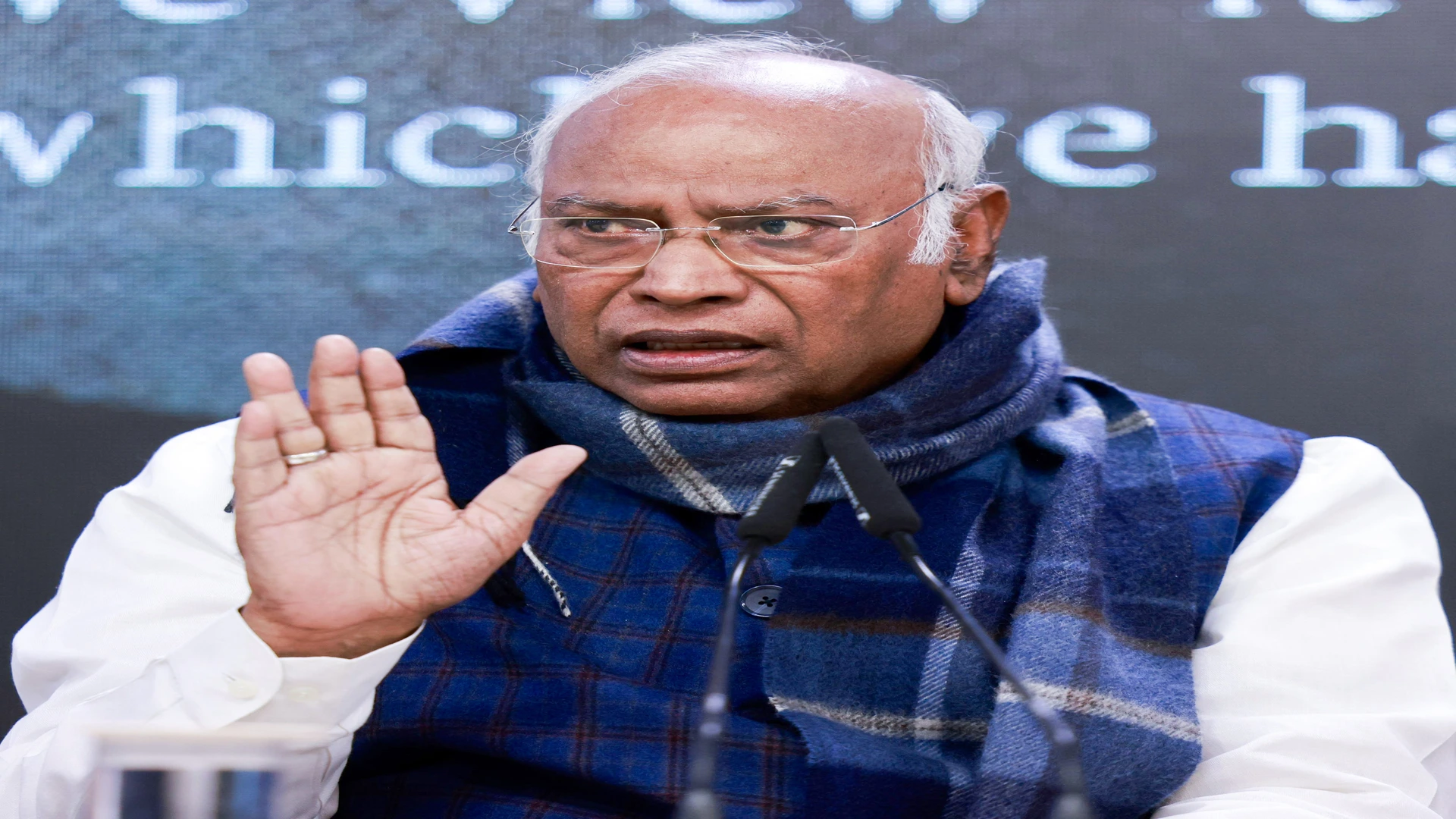Let’s imagine a world where robots perform routine tasks, AI makes critical decisions, and innovative ideas shape daily life. It’s not science fiction; it’s the future coming alive into our reality. To enable our children for this exciting, technical world, they are going to require some vital skills. Here’s a look in the direction of five such essential skills for future careers and how Indian schools can help nurture these abilities:
AL and ML
Artificial Intelligence and Machine Learning resonate through every aspect of human civilization, from health care to financial operations; the AI market, which was estimated at about $196.63 billion in 2023, will expand to $1.81 trillion by the year 2030. To be adept in these fields, a student must develop data analysis, algorithms, and programming skills. Schools can include project work or challenges using real-world data to familiarise the students with practical work related to AI and ML. In this way, they can be prepared for any opportunity that may come along in these fast-changing fields.
Innovation and Creativity
Innovation and creativity stand out as very important in the dynamically changing world of technology. The World Economic Forum provides that by the year 2025, creativity will be listed in the top three required skills. While acquiring these skills, students have to learn how to look at the problem from different angles and create something unique. An Innovation Base Course and Innovation Lab in School would enable them to be the innovative thinkers of tomorrow by exploring and implementing ideas.
Communication
The need for communication skills has grown in today’s interconnected world. Also, the National Association of Colleges and Employers says that 73.4% of employers are looking for strong communicators. Effective articulation of ideas, collaboration of teams, and relationship management are significant features of successful people in any field. Therefore, Indian schools can give more importance to communication by incorporating group projects, presentations, and public speaking into the curriculum. By this, students will be able to inculcate the art of presenting their viewpoints in clear and confident terms, which again is a distinguishing feature at the workplace.
Robotics and Automation
Robotics and automation are fields of great potential today. The Robotics market is likely to grow at an annual growth of 9.94%, according to Statista, between 2024 and 2028, which will see the projected market volume reach US$67.36 bn in 2028. Students who plan to have successful careers in robotics will be required to have skills in mechanical design, programming, and system integration. The use of robotics and Innovation Experiments, and simulation software in schools, coupled with competitions and practical projects, can serve to make learning about robotics at school fun.
Research
Research skills are another cornerstone of future success, in the times when information is plentiful but critical thinking is rare. It involves locating, evaluating, and synthesizing information and is an essential ingredient in innovation and problem-solving. Research at Indian schools can be encouraged by introducing inquiry-based learning in which students are made to formulate questions, collect data, and draw conclusions. This will provide a generation of thinkers who are not mere consumers of information but movers in creating knowledge.
All in all, it is a fact in today’s world that fundamental capabilities in AI, creativity, embedded systems, robotics, and telecommunications will be crucial in training our children for the future. As a result, it can be said that their education must be supplemented with practical skill sets in these areas.
NS Ajith Kuma is the Director of YuviPep







